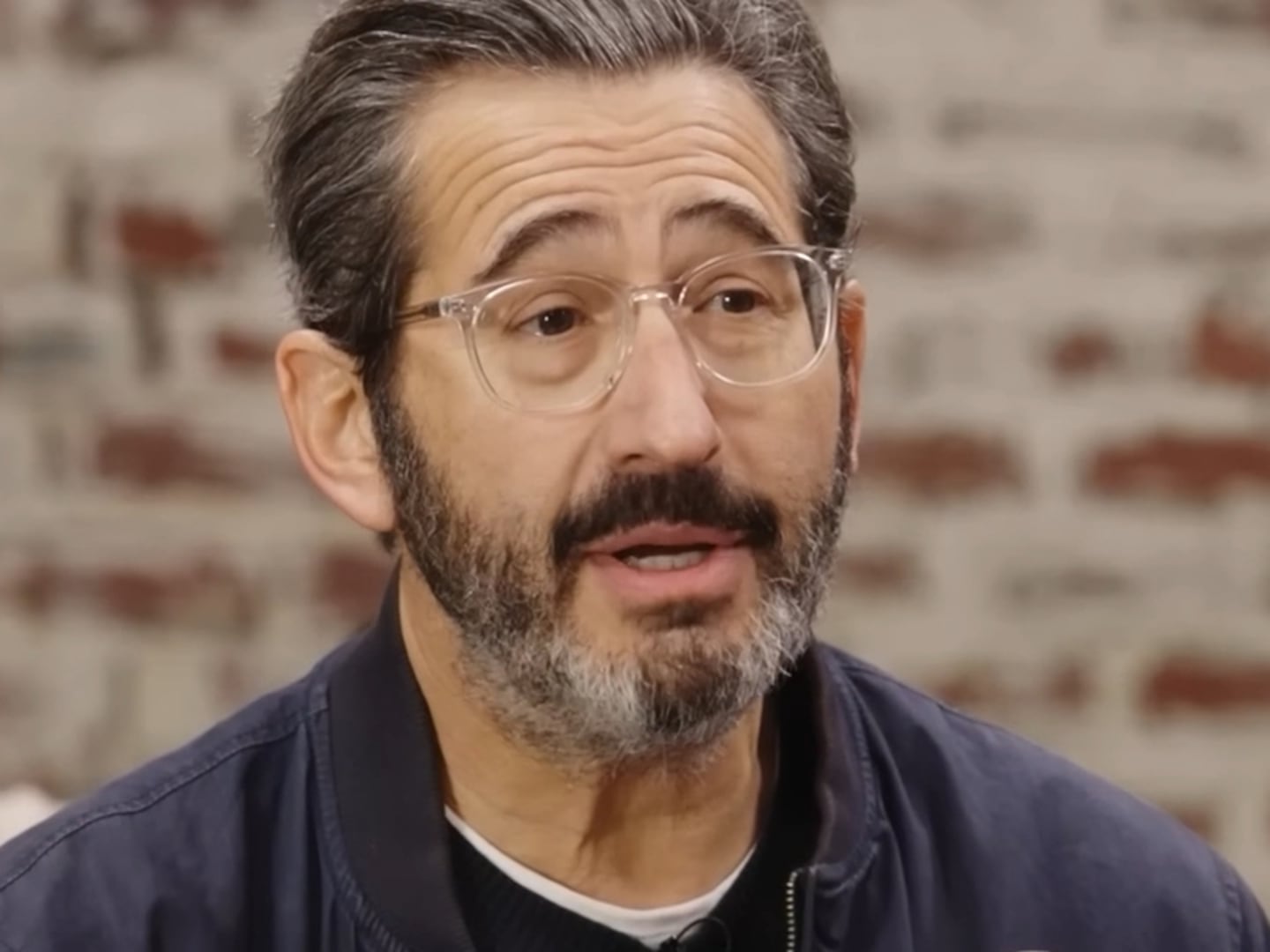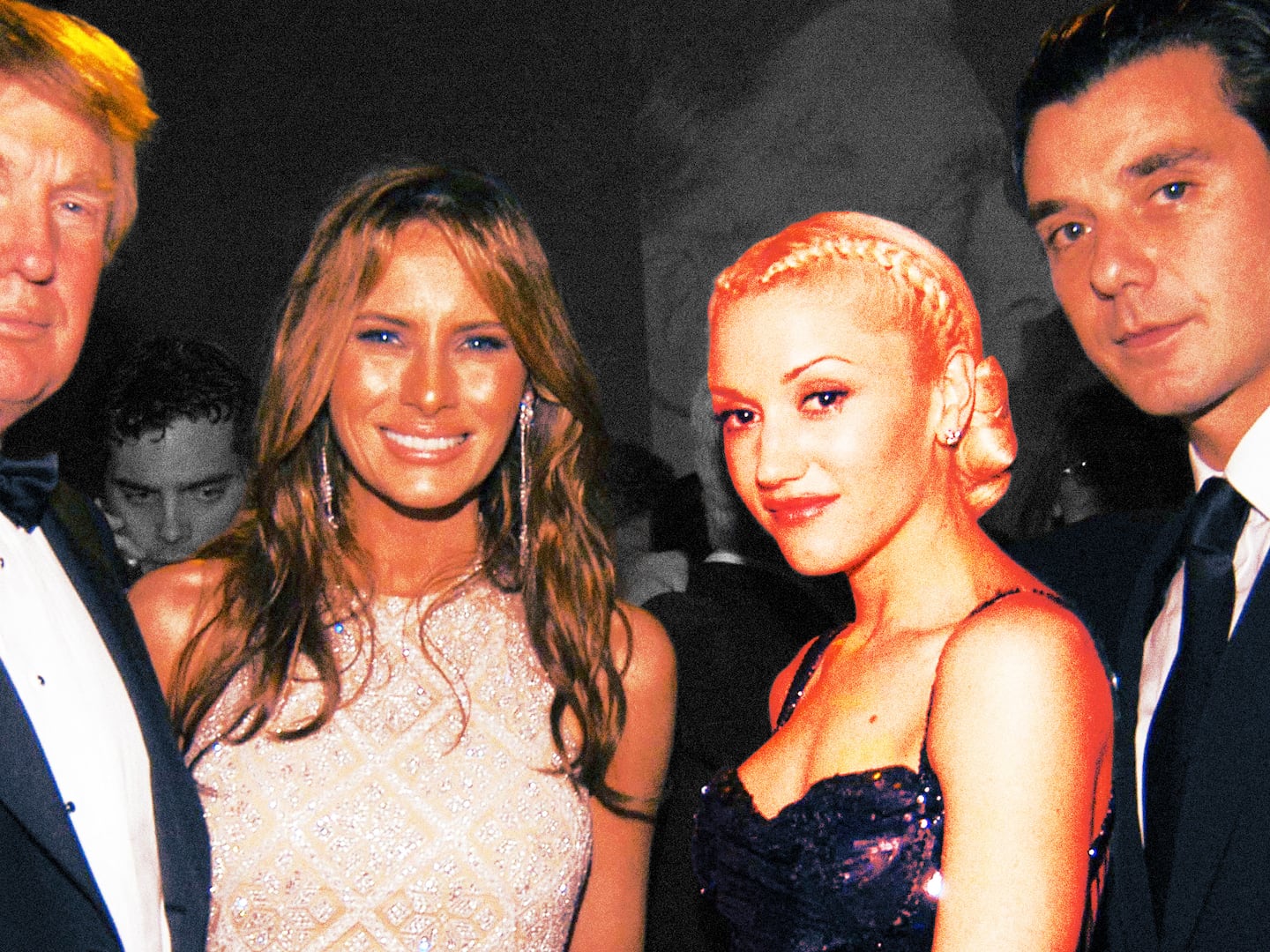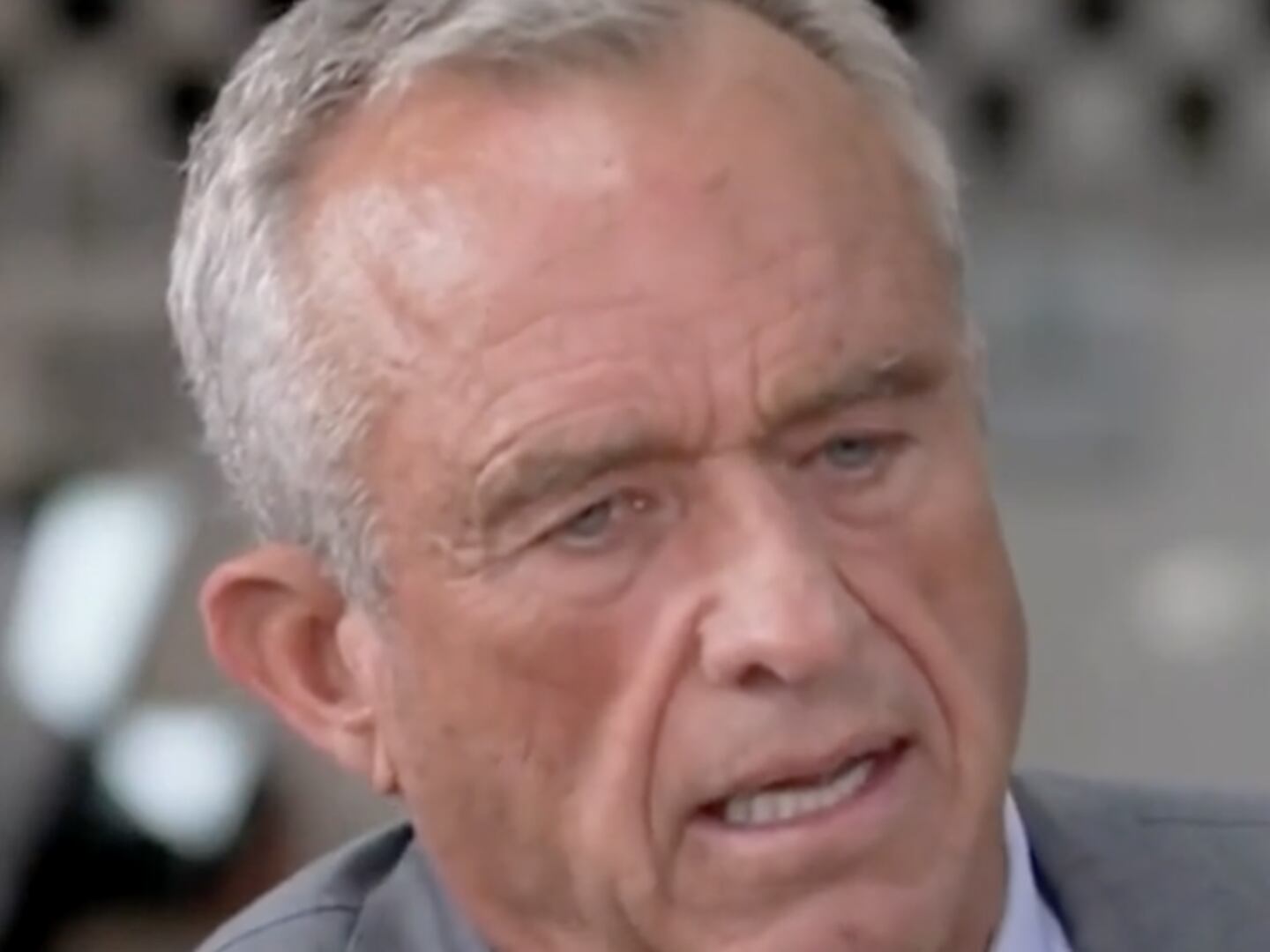Opinion
Spencer Platt/Getty Images
Trump’s New York Criminal Trial Is About Fraud and Undermining Democracy, Not ‘Paying Off a Porn Star’
KIND OF A BIG DEAL
It’s not about Stormy Daniels, it’s about willfully falsifying records to deceive voters.
opinion

Trending Now




